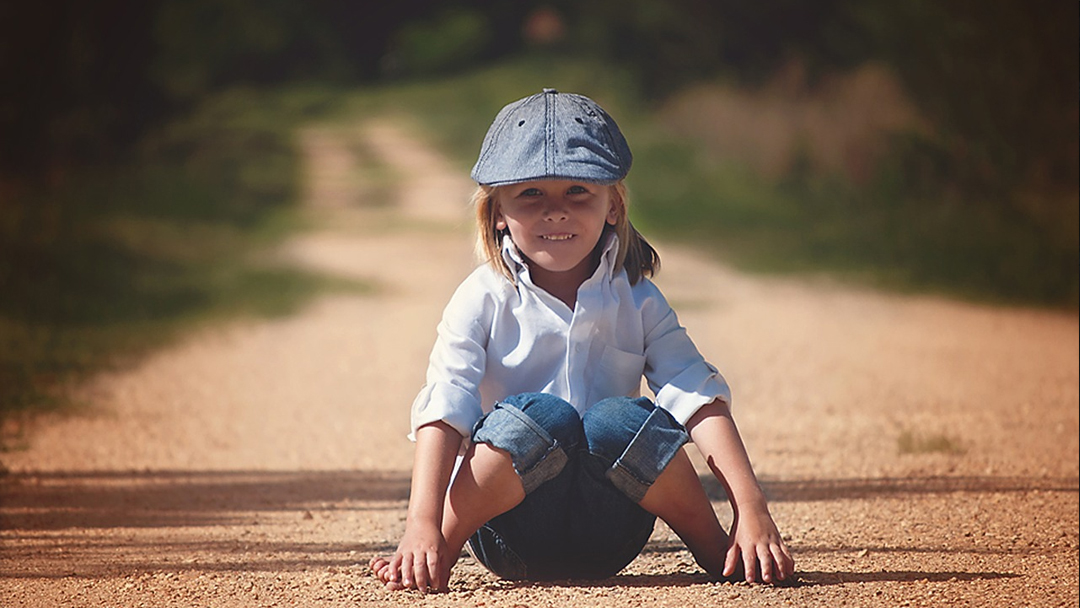Kids and their behaviour
This isn’t going to be pretty. I’m not in a “pretty” writing mood! Here are a few thoughts for you to percolate …..
1. Behaviour is learned. (I won’t complicate that by addressing epigenetics!)
2. We are constantly learning. (It’s called neuroplasticity. It’s a thing)
3. If you don’t like something, change it. (Hell, what did I just write?!)
In all honesty, it’s WAY more complicated than just “change it”. It takes time, effort, support, cajoling, hugs, tears, anger, emotion management, moments of clarity, and the list goes on and on. Fundamentally though, what we are looking for is a way to teach some new learnings so that old behavior can change into ones that are more useful.
If you would like your child’s behavior to change think about this:
1. Is the behavior causing the child or anyone else any harm? (If the child’s behavior is annoying a teacher, for example, who says the teacher’s perception is correct???)
2. By whose yardstick is that behavior considered “abnormal”? (This is tricky. Assess your value systems because they are important.)
3. If that behavior is taught to look more “normal”, who gains from that change? The child? Teachers? We parents? (Tip here, we want it to benefit primarily the child and their ongoing relationships as they adjust into society.)
4. Where do you think they learned that behavior in the first place? Did it magic its way into existence? (Chances are – “no”. They learned it from their environment – and you are a part of that.)
If it took time for our children to learn a behavior we would like to change, can we realistically expect new learning to happen in 5 hours? From a practitioner’s perspective, the answer to this will most often be, that change takes time and persistence. If you apply pressure for rapid change, it opens the door to some reasonably hurtful self-judgments which may not be realistic.

